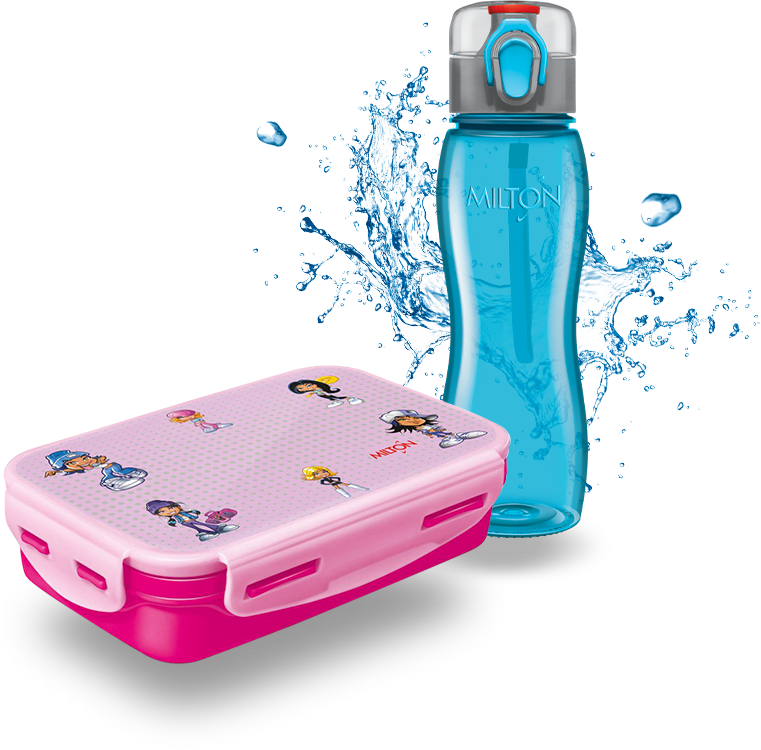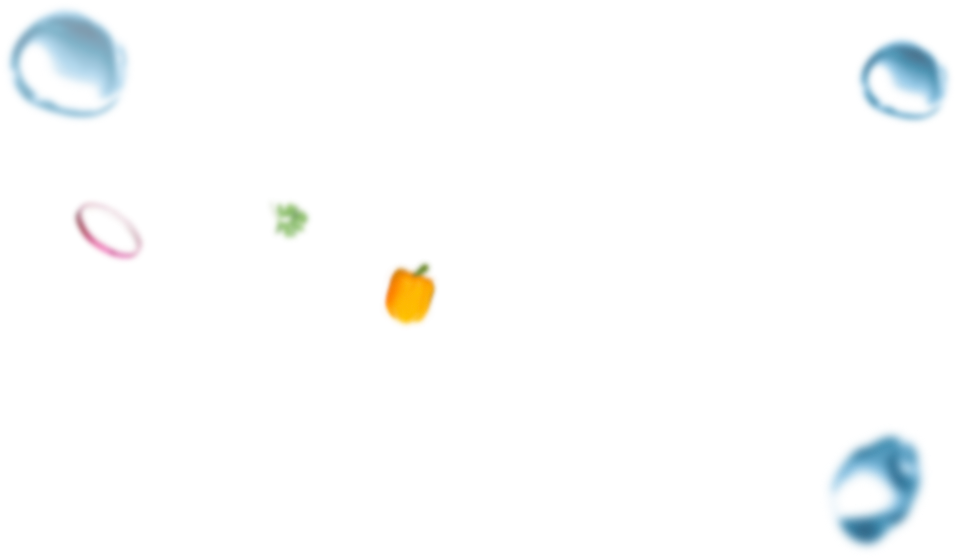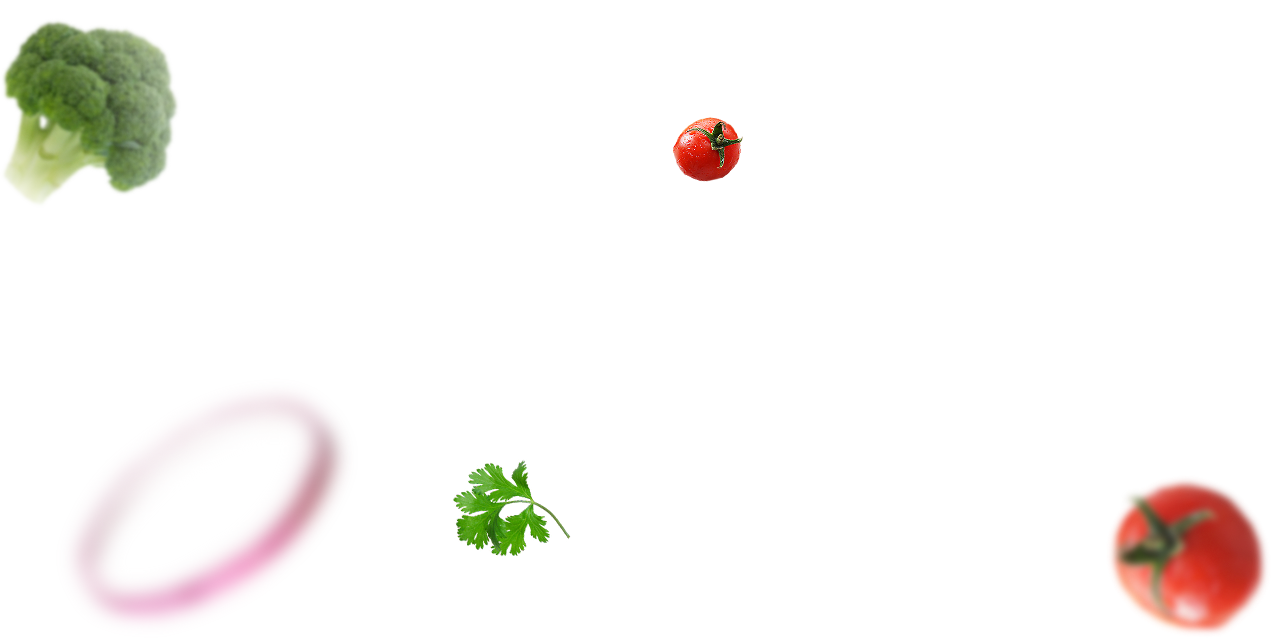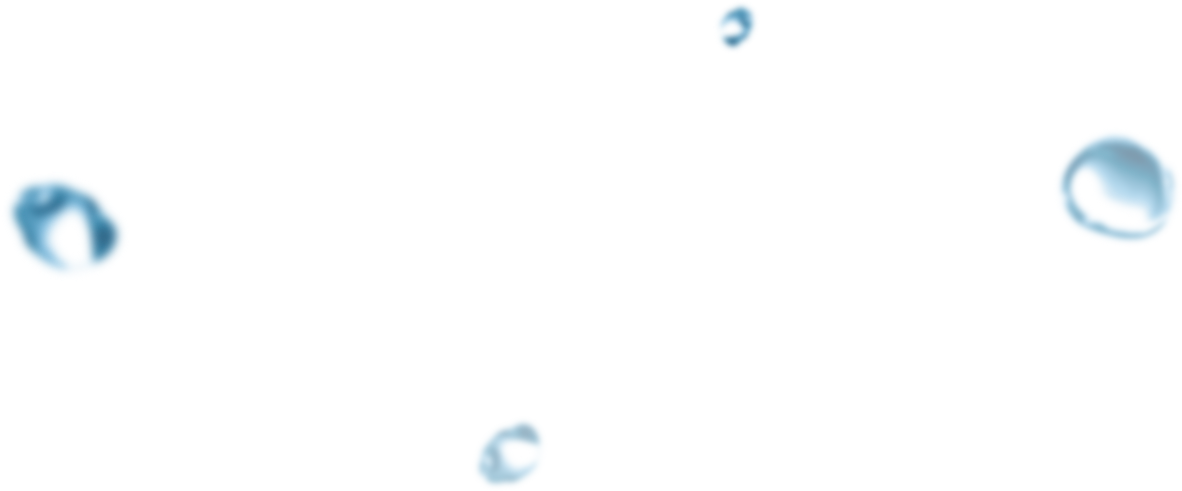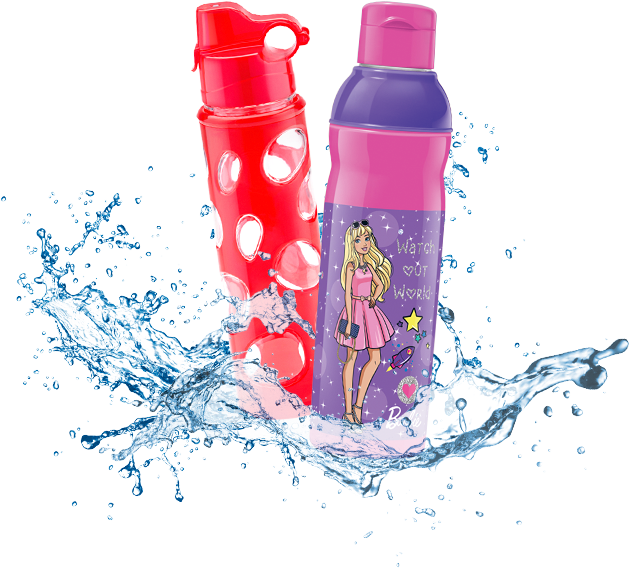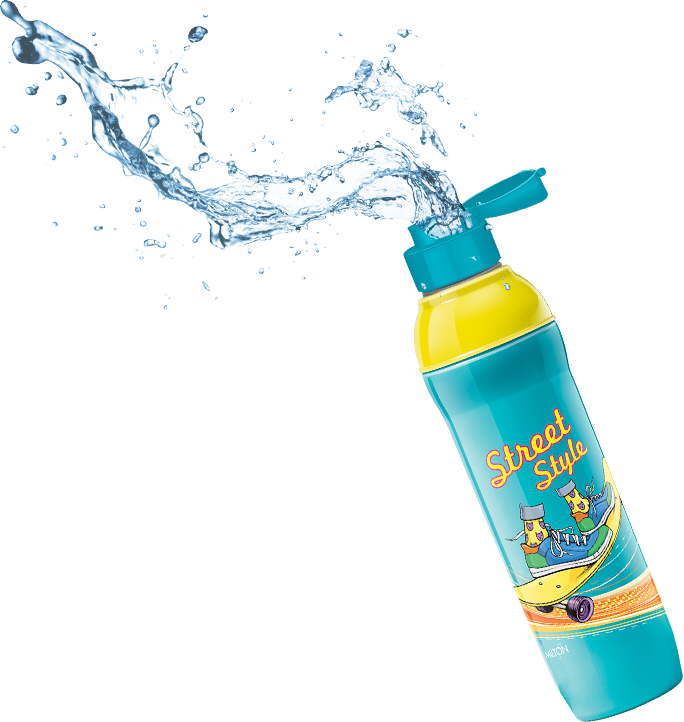What is
Plastic
The word plastic is derived from Greek word ‘plastics’, which means make. Alexander Parkes of England invented plastic in 1862.
Plastic is also often referred as Polymer, a group of many organic units. A slight difference is that all plastics are polymers, but not all polymers are plastics
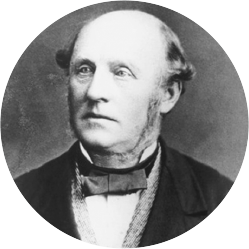
Origin of
Plastic
Most of the plastics are made from majorly these three raw materials
- Petroleum
- Coal
- Cellulose
Categories of Plastic &
its environmental Effects
| No. | Type | Chemical Name | Application | Food-Grade Material availability |
Environmental Impact |
|---|---|---|---|---|---|
1 |
PET | Polyethylene terephthalate | Containers for liquids, single use bottles, soft drink bottles, juice cans, fridge bottles. |
Yes | Easy to recycle |
2 |
HDPE | High-density polyethylene | Milk bottles, corrosion-resistant piping, shampoo & conditioner bottles, drain pipes. |
Yes | Easy to recycle |
3 |
PVC | Polyvinyl chloride | Vinyl siding, pipes, insulation on electric wires. |
No | Difficult to recycle |
4 |
LDPE | Low-density polyethylene | Bread bags, sandwich bags, dispensing bottles, milk packets. |
Yes | Difficult to recycle |
5 |
PP | Polypropylene | Medicine bottles, cereal liners, tiffins, bottles, food containers. |
Yes | Easy to recycle |
6 |
PS | Polystyrene | Take-away containers, foam packing. | No | Easy to recycle |
7 |
O | Others | Compact discs, car wheel covers, plastic door handles, scrub pads. |
Use with caution | Difficult to recycle |
- Safest Choice
- Use with Caution
- Avoid
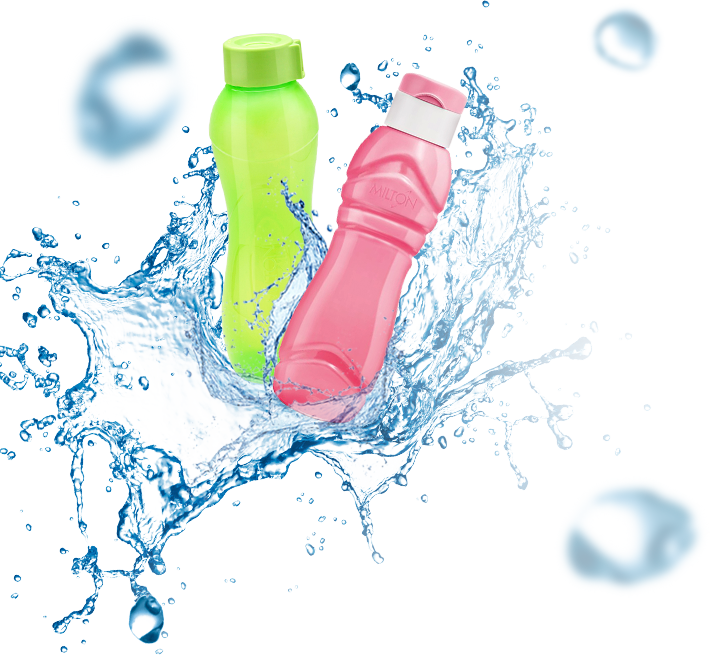
Significance of
Plastic
-
Plastic – MODERN WORLD
Annually, 600 billion pounds of plastic is consumed and is growing at 5% a year. Owing to its low cost, ease of manufacturing, versatility, and imperviousness of water, plastic is used across industries including spacecraft and household.
Polymers which are bio-compatible and do not leach out chemicals into food and beverages are safe polymers.
-
Plastic – Medical Sector
In medicine alone, the diversity of plastics’ uses is incredible. Prosthetics, engineered tissues, and micro-needle patches for drug delivery are all possible with polymers.
Syringes are a good example of how plastics have benefited public health. The problem of easy breakage and the difficulty of cleaning syringes made of metal and glass – have been solved by designing a sterilizable syringe completely made of plastic.
The
Good Choice
- Food Grade
No chemical transfer to food / beverage from plastic
- Bisphenol – A (BPA) Free
No adverse effect on Human Health.
- Odour free
Pleasant taste
- Specially developed colours
which do not leach out chemicals to food
& beverages contained
Bottles
Bottles
-
Housewares
Other products
- Atomised granule feeding
systemto avoid any human touch to plastic granules
- Leak Proof
- Higher wall thickness
- Eco-friendly
and Safety
Inspection
Inspection

